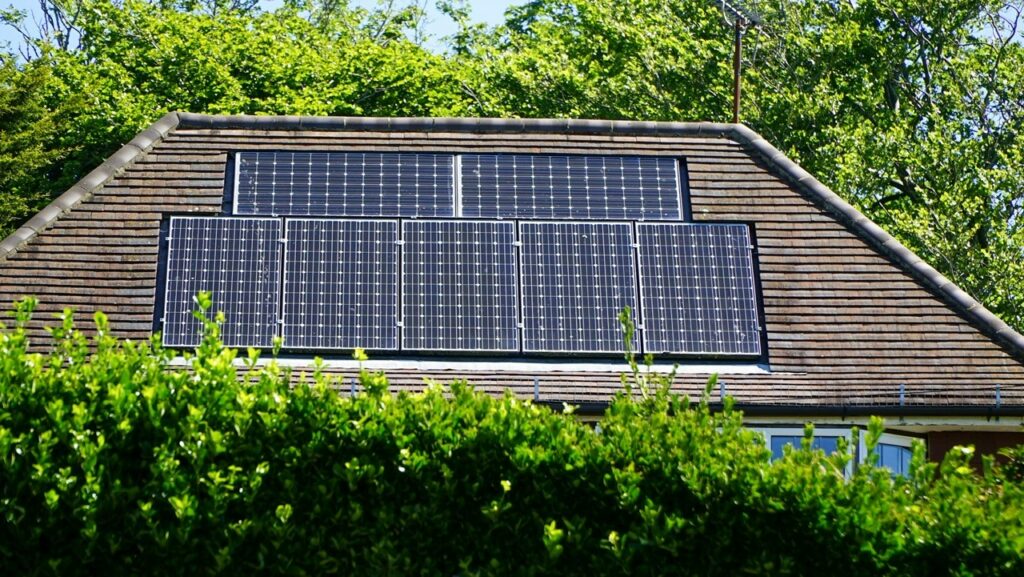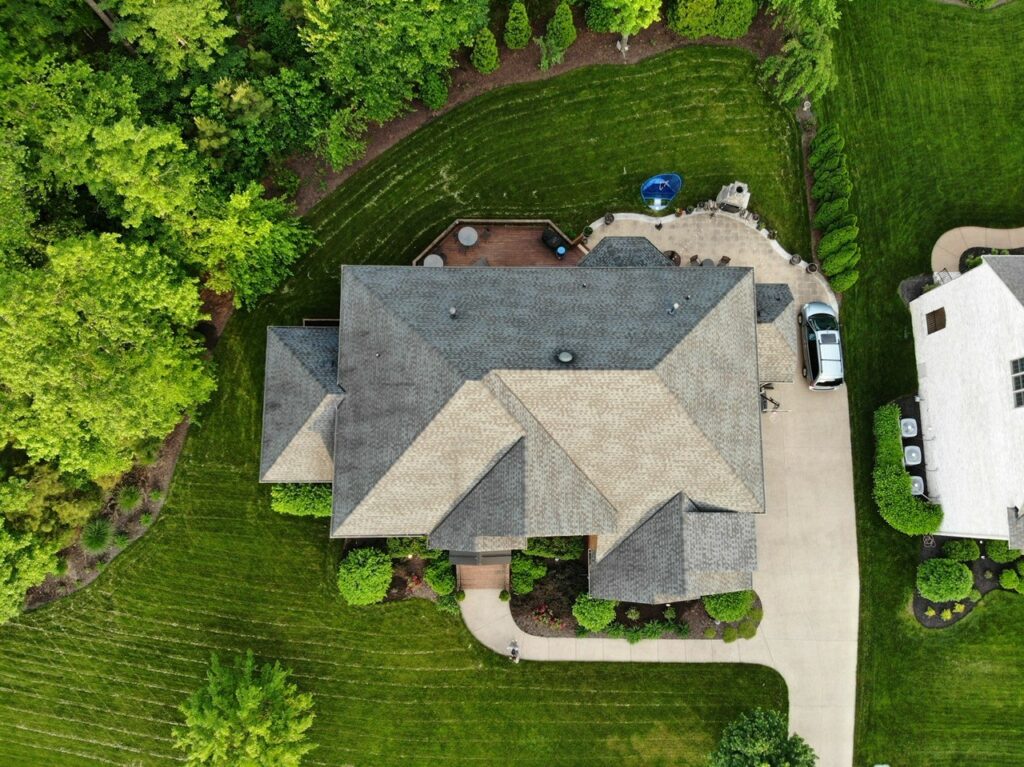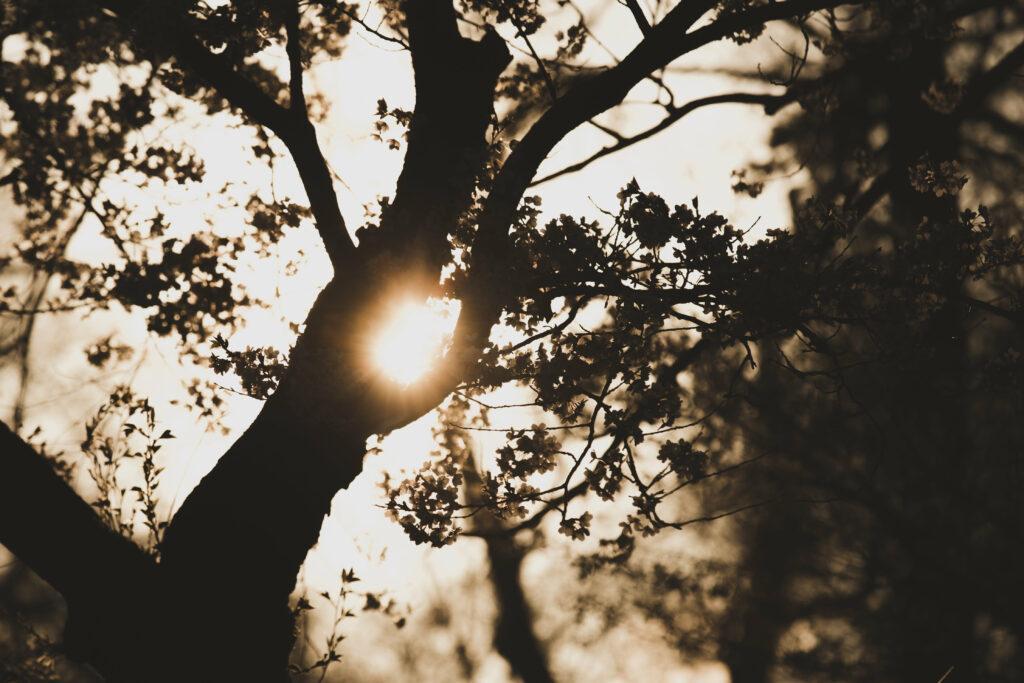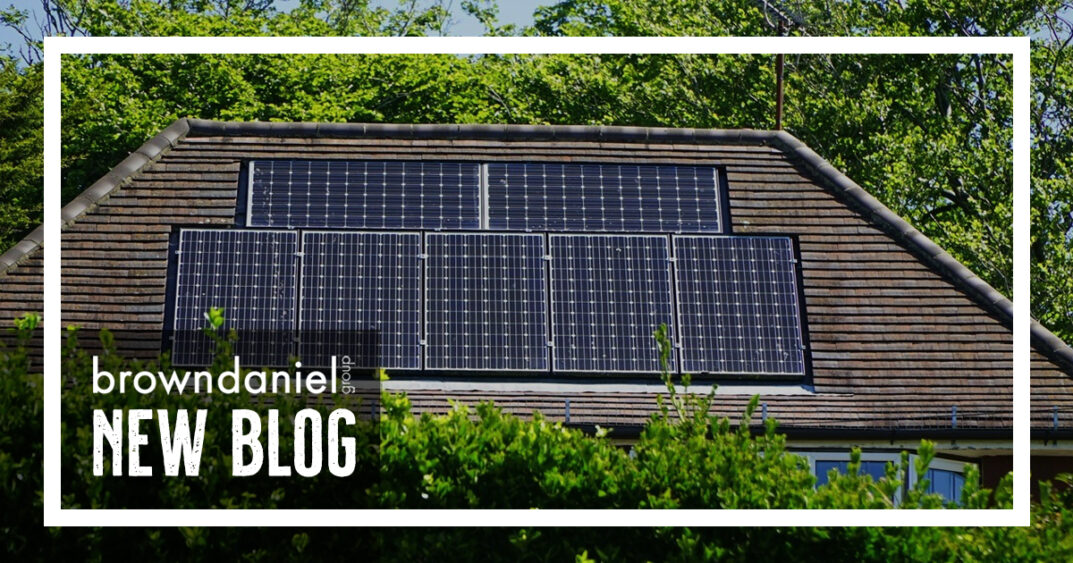
Solar power systems are becoming more and more popular across the country and in the metropolitan Atlanta area. Commonly installed on the roof of a residential home, or occasionally as stand alone units near the dwelling, solar panels utilize recent advancements in solar power technology to help homeowners lower their utility costs while also utilizing a natural power source. The cost of installing and maintaining solar panels was prohibitively expensive for many people just a few years ago, but has now become an affordable home improvement project, and something many people look at as a service project that will benefit themselves and their communities or years to come.
However, the rising popularity of solar power does not mean that every home and every roof is suited for panel installation, and there are quite a few things you need to consider before you jump on the solar bandwagon and make an appointment to have your panels installed. Here are some things you should take into account when deciding if solar power is right for you and your home.
How Healthy is Your Roof?

The age and condition of your roof is an important factor when deciding whether or not you can install solar panels on your home. You wouldn’t want to incur the expense of installing the panels, only to find out they will need to be removed so that a roof repair or replacement can take place. Have a professional roofing company come out and inspect your roof for damage and to estimate the time frame before you will need for it to be replaced. Take care of any needed repairs before you move forward with your solar project, and if a full roof replacement will likely be needed within the next few years, you are better off delaying your solar panel installation until after the roof has been replaced. Should you install your solar panels only to find out after the act that some roofing work is needed, you will have to pay extra to dismantle the panel installation, and then have the panels reinstalled once your roof work is complete.
Another thing to consider is the time frame of the warranty on your current roof compared to the warranty on the solar panels. Ideally you would want to match the expected ages of the roof to the panels, so that if you have a need to replace your panels many years down the line, the time frame will coincide with the need to replace your roof. Most roofing companies guarantee their work for 10-15 years, but many solar panel installers will guarantee theirs or 20 years or more. You may not be able to line things up perfectly, but it does pay off in the long run to at least try to install your solar panels in conjunction with, or shortly after, a roof installation.
Consider Shape and Orientation of Your Roof

Roofs come in a lot of different shapes and sizes, perhaps more than you realized before you began to consider a solar panel installation project. It is important to understand whether or not your roof has enough space for solar panels, and that the space where panels can be installed receives enough direct sunlight throughout the day. If your roof is not shaped in a way that would allow for enough panels to be installed, you likely will not get a sufficient return your investment. Solar panels require specific placement in order to generate a worthwhile amount of power. Almost all installers will recommend that your panels be either south facing or west facing. The size and slope of your roof will dictate whether or not enough panels can be installed in these locations.
Solar panels will also put additional weight and pressure on your roof. If load bearing was not a consideration when your roof was installed or when your house was built, it is actually possible that your roof will collapse under the unexpected weight of numerous solar panels.To avoid this dangerous and expensive situation, it is vitally important to have a professional evaluate your roof to determine if additional supporting structures will have to be installed before you begin solar panel installation.
Rain and Your Solar Panels
Without solar panels, your home already has a system for handling rain. When everything is working the way it should, rain will roll down from your roof, into your gutter, then out and away from your home. Installing solar panels introduces a lot of additional material to the top of your home, which can interrupt this system and prevent your roof from draining properly. Failure to address these changes can cause leaks in your roof and damage to your both the exterior and interior of your home. Heavy rains can also damage the solar panels themselves if water does not have an escape route. All of these issues can lead to expensive repairs and replacements needed to your roof and the solar panels.
The way to avoid this headache is to make sure that rain and water runoff is discussed and addressed with the contractor who installs your solar panels before they are installed. Some contractors work on both solar panel installation and with gutter installation, so they will know the best way to handle the overall water situation. Other solar panel installers specialize in solar power technology only. If you contract your installation with a specialized company, be sure to consult with a gutter specialist at the same time so that the two companies can work together to figure out a solution that fits your home’s needs.
Other types of severe weather can also impact your solar power system, so you should familiarize yourself with what to do in the event of lightning storms, snow, hail, and tornadoes. Will insurance cover damage to your solar panels during events like these? Does the installer have a warranty that covers severe weather damage? These are important things to consider, especially in metro Atlanta where we can have quite severe weather, especially during the spring.
How Will Your Panels Connect to the Grid?

You won’t be able to simply install solar panels to your roof and instantly have power to run your home. Solar panels must be connected to your local utility’s power grid, so you need to familiarize yourself with this process. Contact your local electricity provider and ask how they handle solar power and solar panel installation. They will likely have a solar specialist to connect you do who will be able to answer all of your questions. Be sure to ask the following:
- How long will it take to get my solar panels hooked up to the local grid?
- What fees will I need to pay to use solar panels in conjunction with the local grid?
- How will the utility credit you for excess power generated by your panels that feeds back into the local grid?
- When will you be credited electricity from the grid that you will not be using thanks to your solar panels?
Shop Around Before you Sign a Contract
As with any other home improvement project, it is important that you shop around and do plenty of research before you enter into an agreement. It might be faster and easier to simply choose the first contractor you come across, and it might be tempting to go with the cheapest quote. However, the cheapest installation is not necessarily the best, and the you may not find the right contractor on the first try. Shop around and get several quotes from different contractors. Research each company and specifically look for reviews written by prior customers to see if they were satisfied with the installation, both initially and later on.
When you are ready to sign a contract, make sure all of the important aspects of the installation are addressed:
- Costs involved along with any financing expectations
- What you can expect as far as life time and maintenance
- The level of performance you can expect from your panels
- Who will have access to your electricity production, and the data regarding the electricity your panels produce
All of this information should be clearly outlined in your contract.
Do Not DIY
Solar power is a new and emerging technology, and almost no one has the expertise needed to tackle solar panel installation as a DIY project. Even if you are very handy nad have completed extensive home improvement projects in the past, this is an arena where you are going to want to leave the work to the professionals. Otherwise you may end up investing a significant amount of time and money into a solar system that you cannot connect to the grid and that you cannot use. You may also be putting yourself in danger of falling or electric shock. This is a time that it is much better in the long run to pay a professional for the work.

